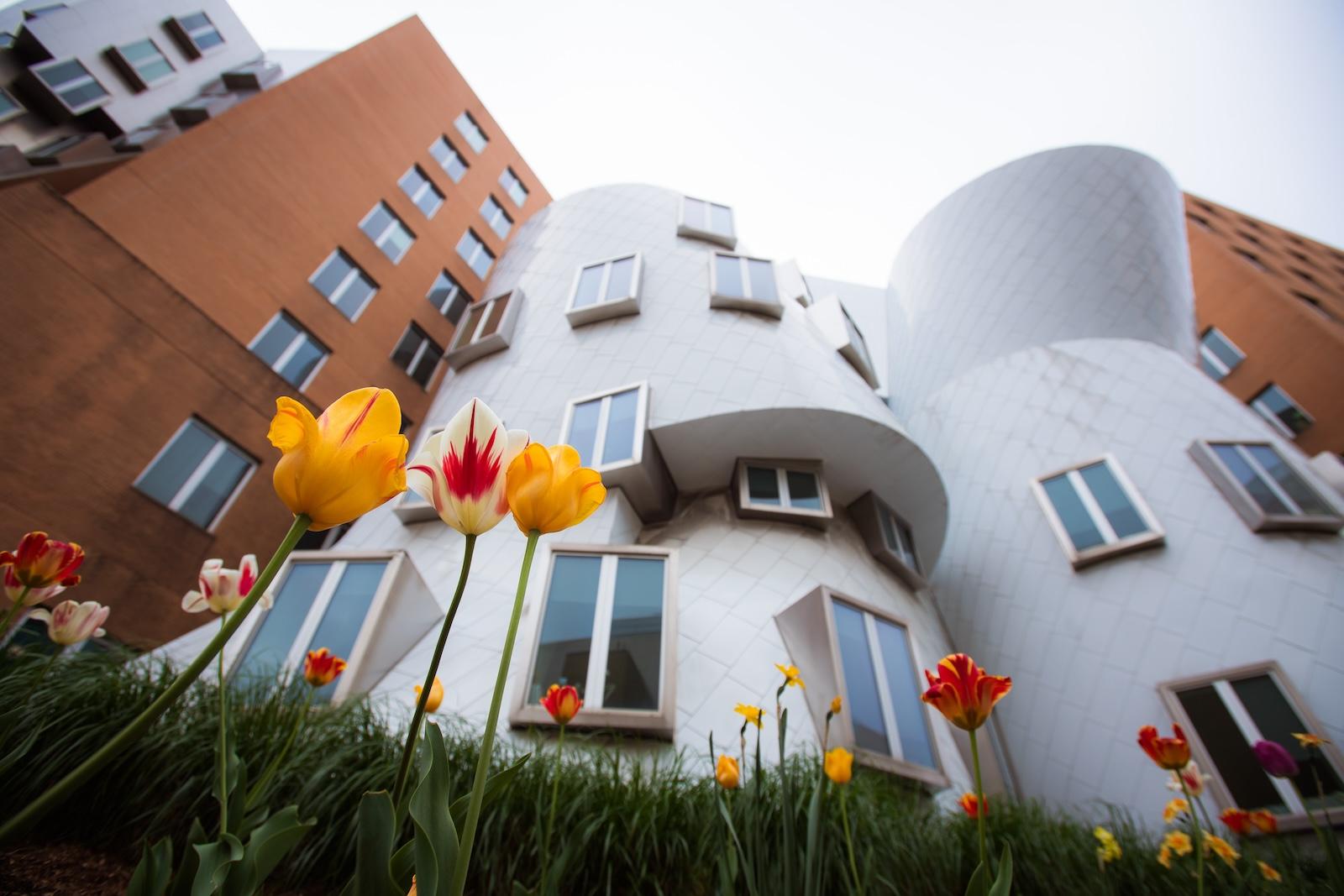MIT recognizes and respects freedom of expression in the form of protests and demonstrations, as long as it does not disrupt Institute events, programs, education, research, administration, or other activities.
MIT Rules for Free Expression at Protests and Demonstrations
MIT has established 12.7 Protests and Demonstrations that set forth viewpoint-neutral rules to promote the responsible exercise of free expression, ensure compliance with MIT policies, facilitate the smooth operation of Institute activities, and protect the safety and security of the MIT community.
The Institute can impose reasonable time, place, and manner restrictions on protests and demonstrations. These restrictions can vary based on the type of protest or demonstration but are applied in a viewpoint-neutral manner.
MIT also has detailed rules on postering, including guidelines on where you can poster, who is allowed to poster, and how long posters can remain up. All posters must clearly and conspicuously identify the group responsible for them and include contact information. Groups generally allowed to poster include departments, labs, and centers (DLCs), recognized student groups, and other established Institute groups.
Free expression, activism, and civil disobedience
While MIT has established guidelines to allow for permissible protests and demonstrations on campus, various forms of civil disobedience—including protests and demonstrations that do not comply with MIT’s time, place, and manner rules—have historically played significant roles on university campuses, including at MIT, oftentimes driving important societal changes and contributing to our democracy.
However, it is crucial to understand that the choice to engage in civil disobedience, by definition, involves violating policies, laws, or regulations, and often leads to personal consequences, including internal disciplinary action or arrest and prosecution. Engaging in civil disobedience at MIT may have negative impacts on the rights of others, disrupt Institute operations, or pose risks to public safety and Institute property, necessitating action to protect these interests.
While freedom of expression safeguards the ability of community members to voice their opinions on current events, it does not permit the unauthorized use of shared Institute resources in violation of established rules. We acknowledge and respect that some may choose civil disobedience as a method to protest policies and actions they perceive as unjust. However, a defining feature of civil disobedience is the willingness of protesters to accept disciplinary measures in defense of one’s beliefs. Upholding the rules and norms that ensure fair access to shared resources and promote civil dialogue among diverse viewpoints is essential to maintaining a respectful and productive campus environment.
